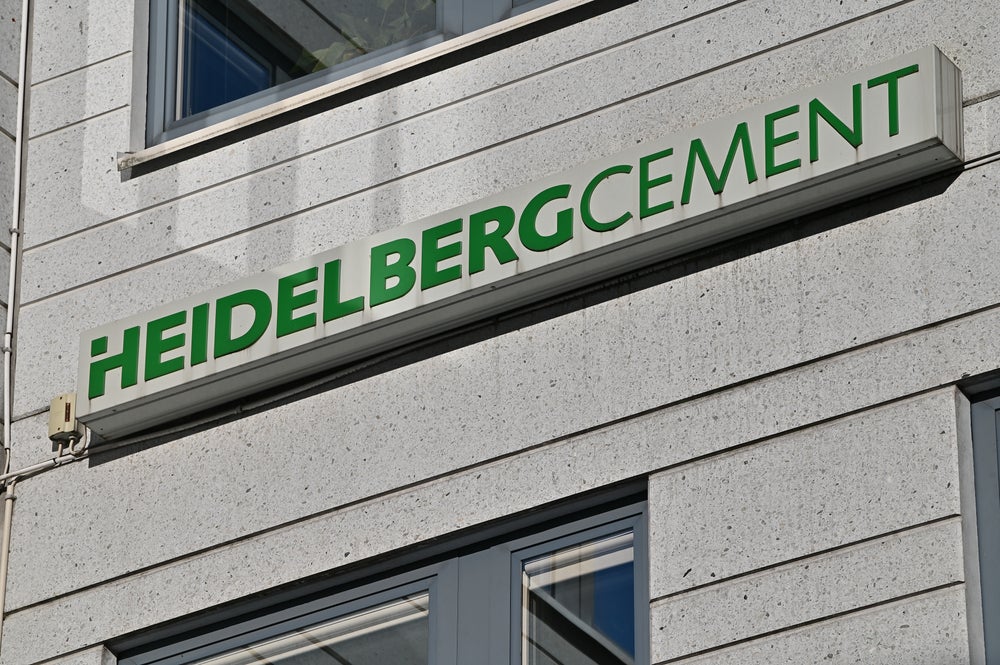German companies are sounding the alarm: the expropriation of foreign companies in Hungary is becoming frequent. This is the thrust of a new exposé from the newspaper Frankfurter Rundschau. “The unbelievable is happening, right in the middle of the EU. Foreign companies are increasingly complaining about massive violations of the law by the [Hungarian] authorities,” it states.
The newspaper claims that more and more multinationals in Hungary are reporting a political system geared for "legalised" theft and hostile takeover. More specifically, it speaks of disproportionately high "special taxes" affecting non-Hungarian companies only; of legal or logistical blockages preventing said companies from growing; of price fixing; and, quite remarkably, of arbitrary raids on the homes of employees of foreign companies, as issued by public prosecutors.
Frankfurter Rundschau gives one example in the form of Heidelberg Materials, a German company that started selling cement in Hungary in the 1990s. In 2022, however, the group received a takeover offer from the Orbán Government, which it rejected. In return, a 90% mining tax was imposed on Heidelberg Materials. Now the Hungarian subsidiary is making a loss. Moreover, the prices for cement products are now more or less set by the state. How long the company can keep going is unclear. "But we are ready to fight," a company manager told Frankfurter Rundschau.
“Construction, telecommunication, energy, transportation and food trade industry are pressured the most by [Viktor Orbán],” says Edit Zgut-Przybylska, vice-chair of Amnesty International Hungary, whose recent research paper elaborates on this process in great detail. “Stakeholders speak anonymously about this, or decline to comment due to fear of government retaliation. Intimidation and its chilling effect is the linchpin of the regime.
“[What is happening now] indicates a wind of change in the operation of the regime,” she adds. “While Germany is Hungary's most important trade partner, Orbán has pushed for forced nationalisation since Covid-19, saying that the key economic sectors have to be in Hungarian hands. One of the first victims was the Heidelberg Materials.”
Ironically, it was German and Austrian foreign investors that directly and indirectly helped Orbán decimate Hungary’s free press, as reported by Investment Monitor. But now the ‘illiberal democracy’, as Orbán proudly self-identifies, appears to be coming for them. Meanwhile, it has now been more than eight years in which German automotive companies in Hungary have turned a blind eye to Orbán’s actions (while gaining large tax benefits via opaque agreements).
Frankfurter Rundschau’s allegations offer further evidence of the manner in which the EU, via Hungary, is being undermined. “The Orbán regime becomes more ideological, predatorial, by the day," says Zgut-Przybylska. "The European Commission and Council have to move faster and more efficiently to protect the integrity of the common market.”











